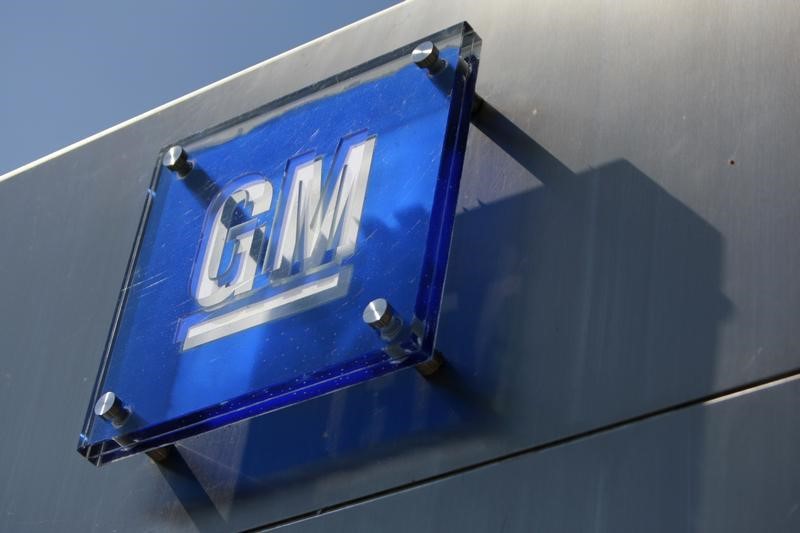NEW YORK (Reuters) - General Motors Co (N:GM) will pay $900 million and admit to misleading the government and the public about the safety of its vehicles to end a U.S. criminal investigation into its handling of defective ignition switches linked to 124 deaths.
The settlement announced on Thursday caps a two-year probe that tainted GM's reputation and transformed the Detroit-based automaker's relationship with the federal government, which had bailed it out during the recent financial crisis.
GM also agreed to a partial settlement in nationwide private litigation with drivers, passengers and families over the switches, as well as a settlement of related shareholder litigation. The largest U.S. automaker will record a $575 million third-quarter charge for those private settlements.
In the criminal case, GM admitted to failing to disclose a potentially lethal safety defect with the switches that kept airbags from deploying in some vehicles.
It also admitted to misleading consumers about the safety of vehicles affected by the defect.
GM entered into a three-year deferred prosecution agreement that requires an independent monitor to oversee its safety practices, including its ability to fix defects and handle recalls.
The criminal charges will be dropped if GM adheres to its obligations under that agreement.
No individuals were expected to be charged. Negotiations predated a new U.S. Department of Justice policy that requires companies to identify people who may have committed wrongdoing if they want credit for cooperating.
GM Chief Executive Officer Mary Barra has taken many steps to address problems linked to the defects, including appointing a new safety czar and pushing out 15 executives.
The criminal settlement requires court approval. U.S. District Judge Alison Nathan in Manhattan will consider the accord at a Thursday afternoon hearing.
GM's $900 million payment will be treated as a penalty, including for tax purposes. It is less than what Toyota Motor Corp (T:7203) recently agreed to pay to resolve a similar case.
In morning trading, GM shares were up 20 cents at $31.40 on the New York Stock Exchange.
PRE-BANKRUPTCY SHIELD
The ignition switch defect surfaced in early 2014, when GM began recalling Chevrolet Cobalts and other smaller vehicles.
The defect caused some vehicles to stall, preventing airbags from deploying during crashes. It also prevented power steering and power brakes from operating in vehicles where the switches were not set properly.
A scathing internal report released in June 2014 by former federal prosecutor Anton Valukas portrayed GM as a haven of dysfunction, where signs pointing to the defect were ignored or not pursued for years.
GM has faced more than 200 civil lawsuits over the ignition switch and other recalls from 2014. It set up a special fund last year to compensate victims of the switch defect.
In an important victory for GM, the Justice Department agreed to shield the automaker from claims arising from wrongful conduct that predated its 2009 bankruptcy.
That shield could help GM avoid even higher payouts, or the prospect that its emergence from Chapter 11 might even be called into question.

Bob Hilliard, one of the lawyers leading the private litigation by drivers and passengers, said about 84 death cases and 370 injury cases would still be litigated if the partial accord is approved.